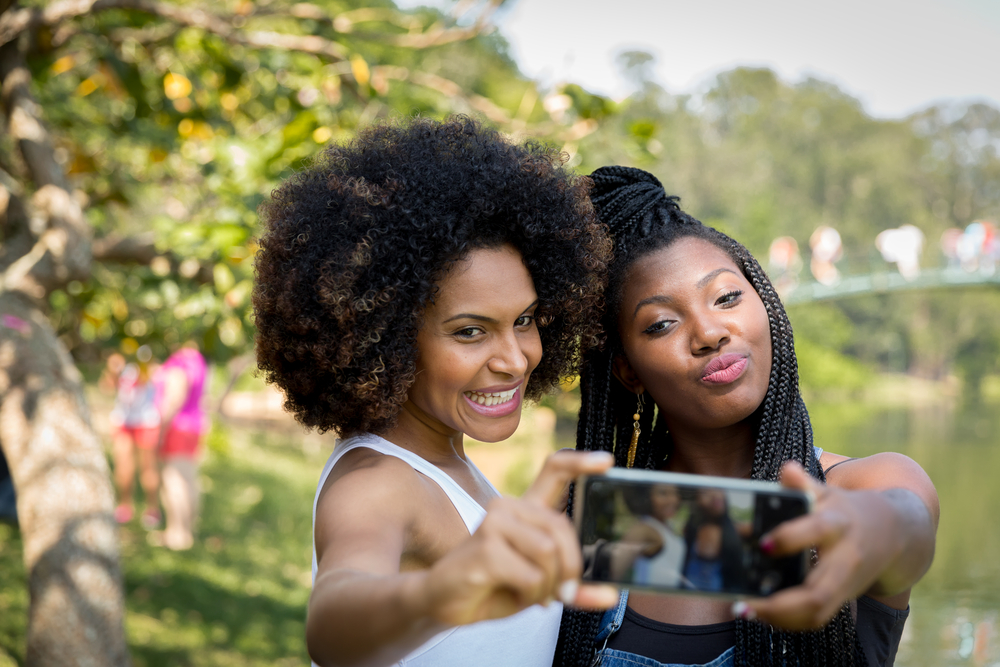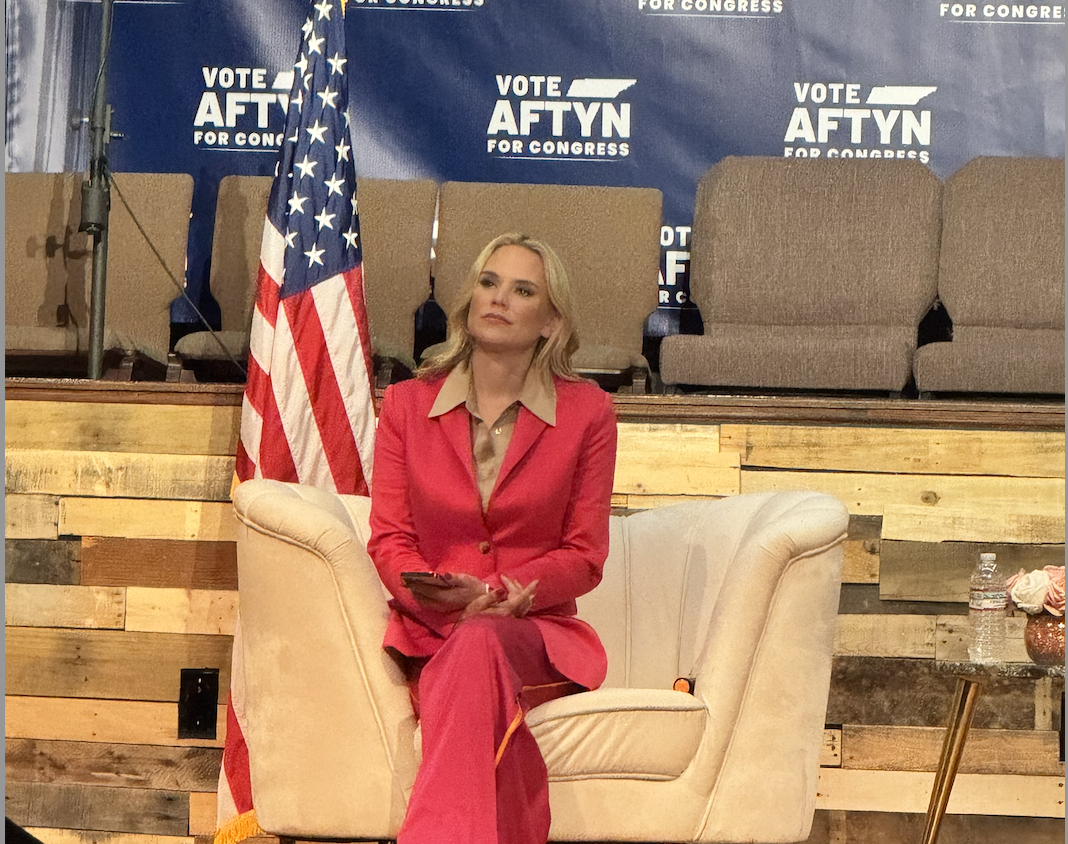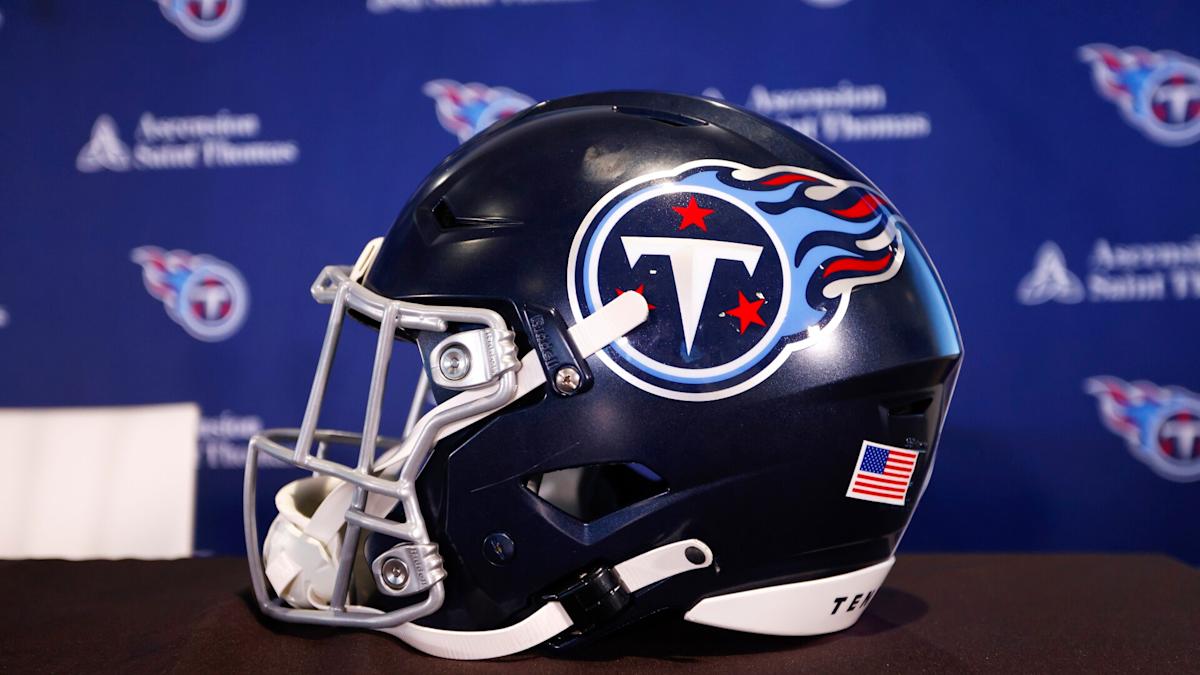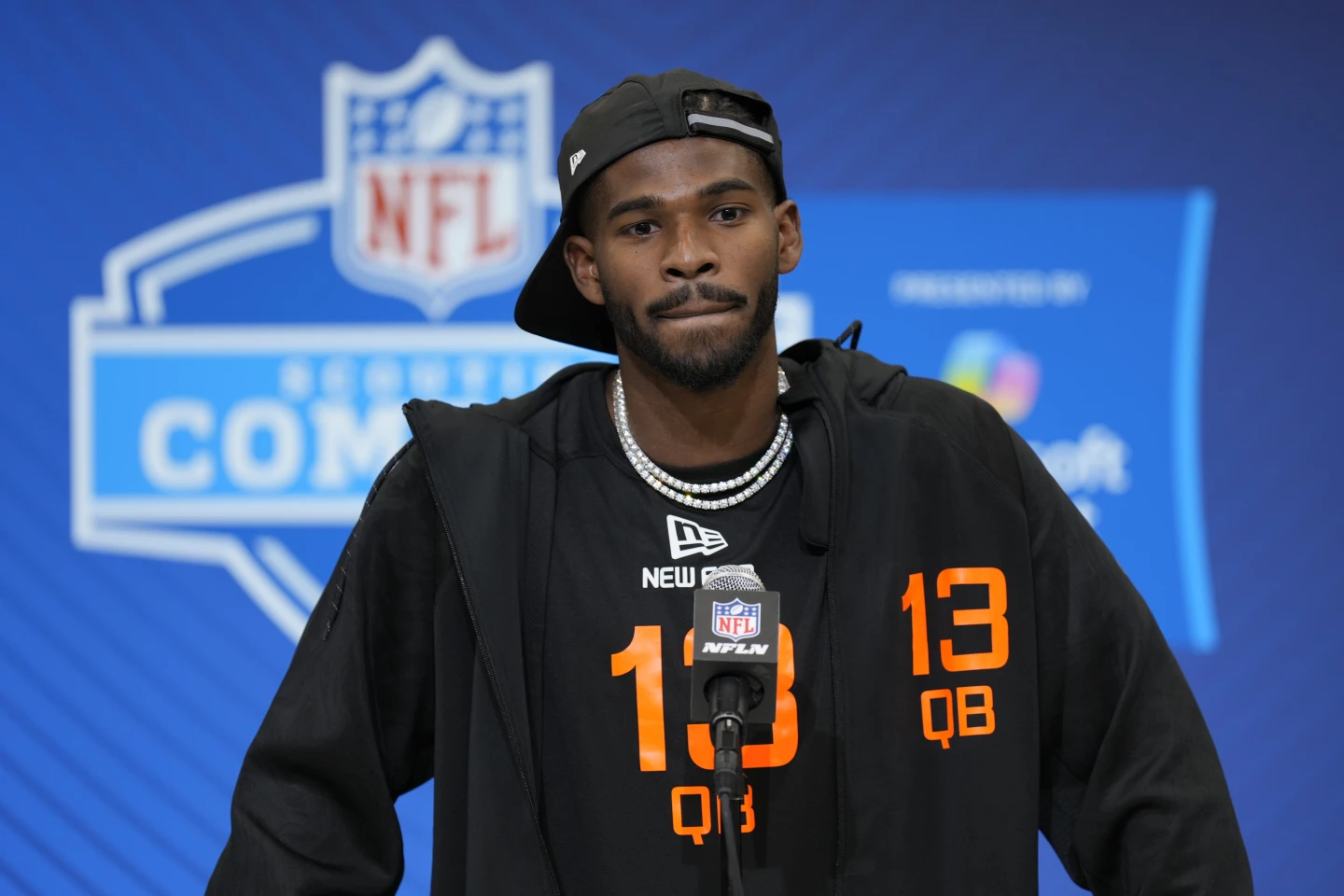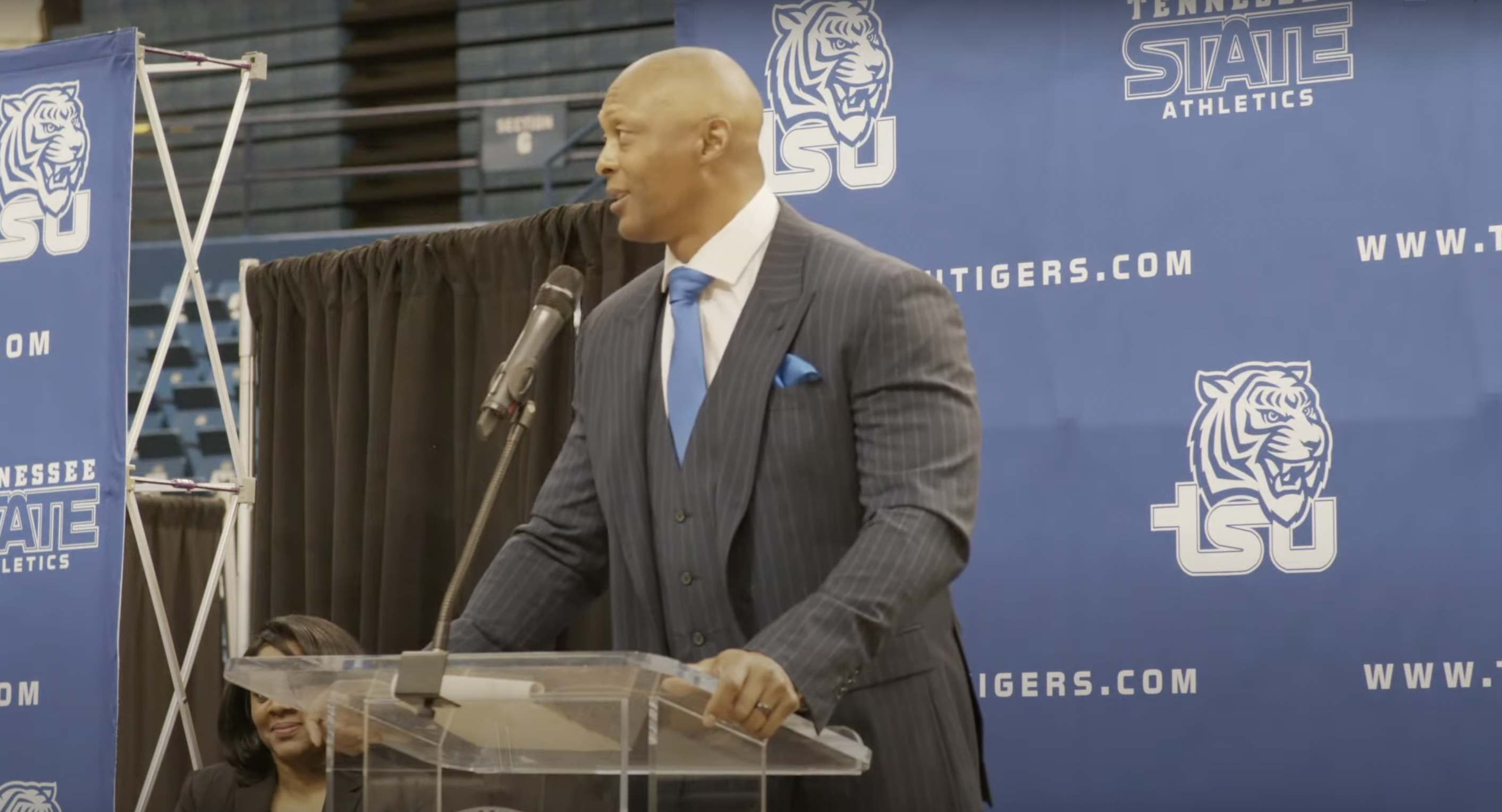By JESSICA WILLIAMS | Nashville Voice
Have you ever thought how powerful the internet is when it comes to movements?
Think about it, from shifting the culture of how we vote to expose police behavior against men of color to releasing products and services to the masses, there’s no denying the power of plugging into the World Wide Web.
I found myself searching hashtags relevant to the work I do and was shocked at what I found, even though I knew I shouldn’t have been.
What did I search and where? It was #bodypositivity on Instagram. You see it, you hear it.
Body positivity is popping up all over our social media pages and in pop culture. Of course, this movement is primarily for women. No surprise there.
If you’re anyone who has a pulse to the wellness/fitness industries, you can find someone advocating for body positivity and loving your body and all the hoopla that surrounds it.
You also may notice that, with the exception of a very few, most of these women are white, have some sort of grandiose platform and are not representative of the overall community of women who have the same ideals.
According to Wikipedia, body positivity is defined as “acceptance and appreciation of all human body types. It is a social movement rooted in the belief that all human beings should have a positive body image, and be accepting of their own bodies as well as the bodies of others.”
So, if that’s the case, why the lack of representation from women of color with the same mission?
First, let’s talk appropriation.
This goes way back. Women of color have had curves for years. Familiar with Sarah Baartman? If not, you can read on her history here.
In short, in the late 1700s/early 1800s she was used for entertainment due to her proportions: large butt, small waist. Not only was she a laughing stock of Europeans who felt superior, but she was praised behind closed doors due to the intrigue of her stout figure. She was used as a science experiment!
Fast forward to present day culture, what is happening? White women are praised for having a booty. Countless women are capitalizing on how hard they worked for the beloved large posterior and make money on others to show them how to do the same.
The exact thing Sarah Baartman was ridiculed for is now a shiny new toy for white women to not only feel beautiful but to capitalize on like it’s new.
It creates a disparity for women of color simply because this has been many of our realities for years. Now it’s a trend? There’s something wrong with that picture and the exclusivity it falsely represents.
Another thing to examine is the messaging passed down from generation to generation.
Women of color are far behind the curve when it comes to knowledge about wellness. Families and ancestors of the past learned that weight and BMI equaled health. That couldn’t be further from the truth.
Actually, studies are now showing that African American women, specifically, likely are allowed a higher BMI due to genetics. According to blackdoctors.org, the BMI for obesity in this demographic is actually 32 or above against the stated 30 or higher for Caucasian men and women.
However, somehow, the “norm” is still based on the Caucasian standard. There has to be a shift somewhere. It begins with education and awareness.
Last, it’s important to note what the true embodiment of body positivity means.
Many women reject the idea of positive body image because many of us equate that to not tending to health.
It’s a common misperception that if someone is body positive, they are not actively working a wellness plan. The true embodiment of the term comes when one is willing to accept their body as it is, have no space for judging others, and care enough to take care of the skin they’re in while living in it.
The level of scrutiny women of color have received has created an unsafe space to share. It’s made it difficult to navigate how to find a voice in a crowded environment of white women who have grabbed the movement by the reigns. It seemingly leaves little room for voices that have a different story and point of view.
So what do we do?
The time is now to shift the messaging to create a body positivity movement that is inclusive and inviting. It’s a mindset shift that can only start by us honoring one another. It’s about creating a tribe of women who share the same mission, stories, and goals. No space? Create it.
It’s not an excuse to neglect wellness goals.
It’s not enough to say you love your body and not do the work.
It’s not a reason to shy away from loving who you are at this moment.
It is a reason to show up for yourself and your community to create a wellness mindset shift.
Body positivity is for everybody.

